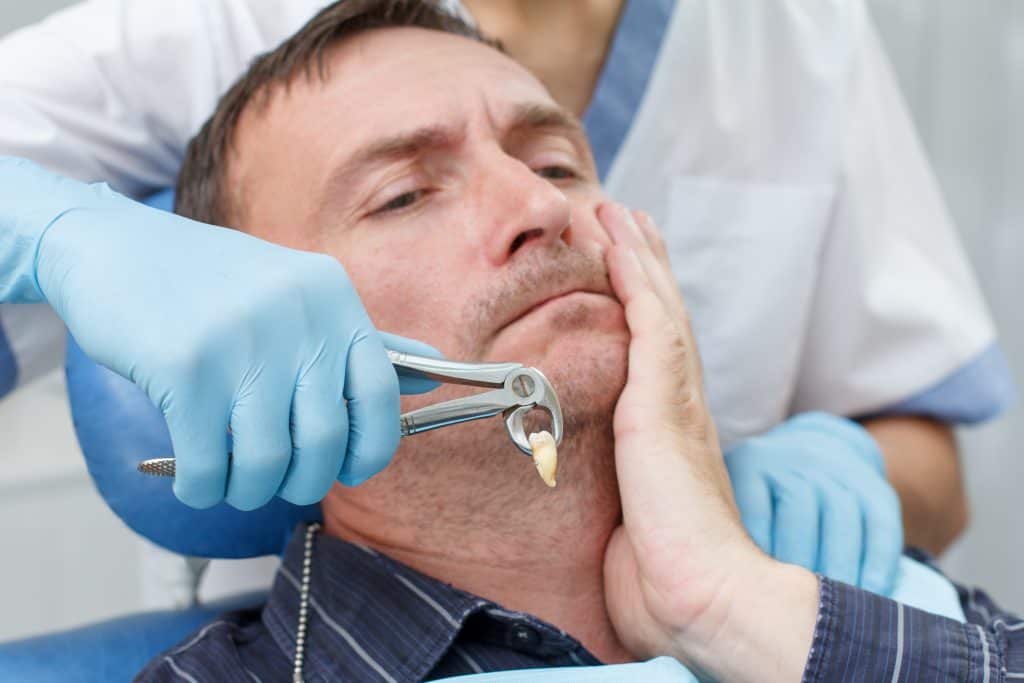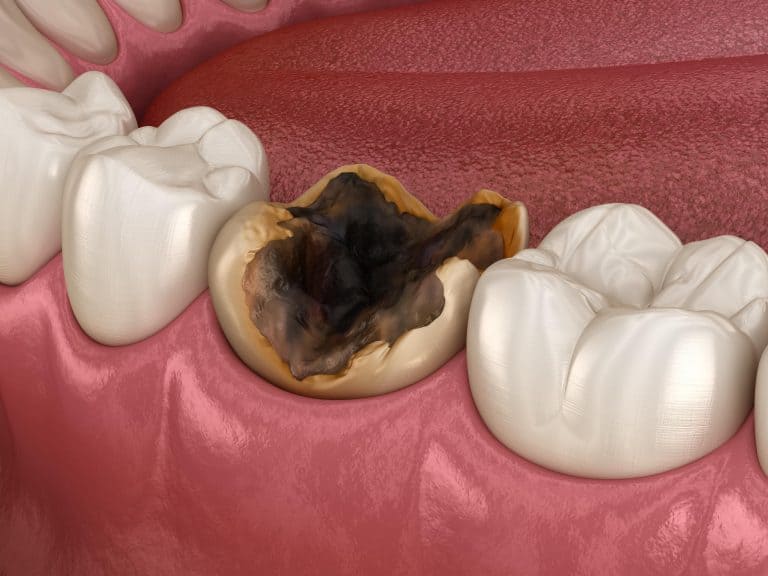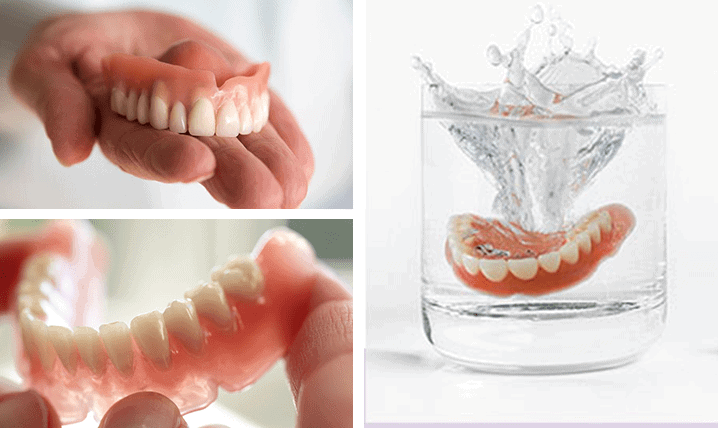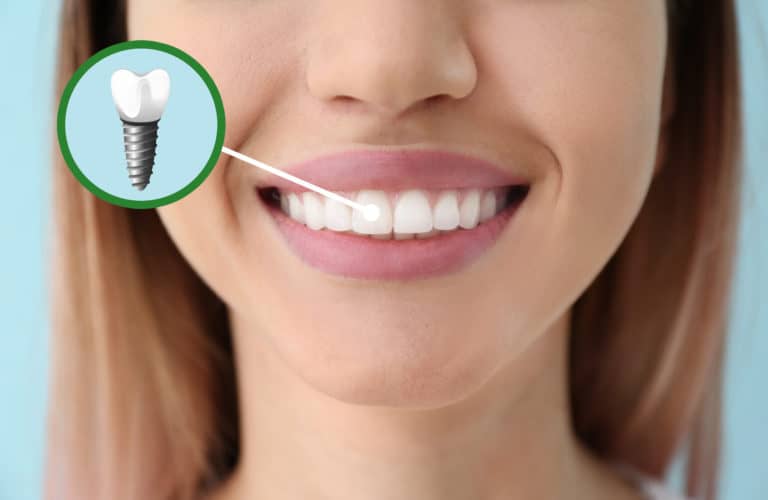When there is an emergency concern, patients will decide to have their tooth extracted. This is overshadowing any benefits of actually preserving the damaged tooth.
What does this mean? Keep reading!
When a tooth is impacted, it can cause all sorts of issues that will require immediate emergency assistance.
During a check-up appointment, the dentist identifies that a tooth or a set of teeth are in poor health, and further treatment is necessary to restore its health. The reasons why a tooth may be in a poor condition are:
- A severely decayed tooth
- Chipped or cracked tooth
- A knocked-out tooth
- Overcrowding of teeth
- Abnormal bites owing to misalignment and overcrowding
- A physical accident
- Tooth trauma
- Impact on chewing ability
When the dentist identifies the issue as part of an examination, the dentist decides on the best choice of treatment. In the first instance, the dentist will always seek to save as much of the tooth as possible.
Therefore, root canal treatment is back in play. It is important to understand the difference between two dentistry treatments: Root Canal or Tooth Extraction because both overlap each other to some degree, and it is important to understand the two in greater detail.

What Is Root Canal?
Root canal treatment involves removing the infected bacteria (or pulp) from the affected area. The tooth becomes infected, and the dentist will first ensure the inside of the tooth is disinfected, cleaned and sealed. This is to avoid the tooth becoming further infected.
Where severe damage is located to the tooth, the dentist will then decide if the root of the tooth is still strong enough for the tooth to be used. This means some aspects of the tooth are still healthy. Also, the dentist will examine the underlying bone density and gum support around the tooth. Where it is safe to save the healthy remains of a tooth, a root canal is decided as the best choice of treatment.
So, How Does Tooth Extraction Work?
Tooth extraction works exactly the opposite. The dentist will again perform an examination to identify if the tooth is severely decayed beyond repair and the surrounding gum and bone density is weak. This means it’s a dead tooth and can no longer be used. In this instance, tooth extraction treatment would be decided as the best choice of treatment. Under local anaesthesia, the dentist will numb any pain in the affected area. Then, the dentist will widen the tooth socket and use forceps equipment to gently rock the tooth from side to side until it’s removed from its socket. Expect some pain once the anaesthesia wears off. The affected area of the mouth will also likely swell up. If you show signs of bleeding, the dentist will provide a gauze pad to bite down on to limit any bleeding once the tooth is removed.
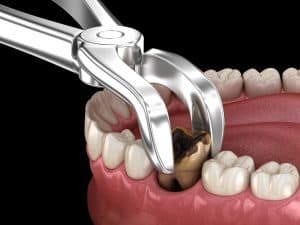
So, Which Should I Go For? Root Canal Or Tooth Extraction?
Ultimately, the dentist is best placed to make this decision for you. Where there are some healthy remains of a tooth, it does not make sense to extract the tooth. This can impact the strength of the underlying jawbone which needs to be strong to firmly hold your teeth place. A root canal will always be the first choice unless it is deemed necessary to remove the tooth due to the severity of the damage. Be rest assured, your oral health will be in capable hands.
Have you recently had a dental accident and are experiencing sensitivity and you’re unsure whether you need a root canal or tooth extraction? Contact the helpful and experienced Ashfield Family Dental team today for treatment.

